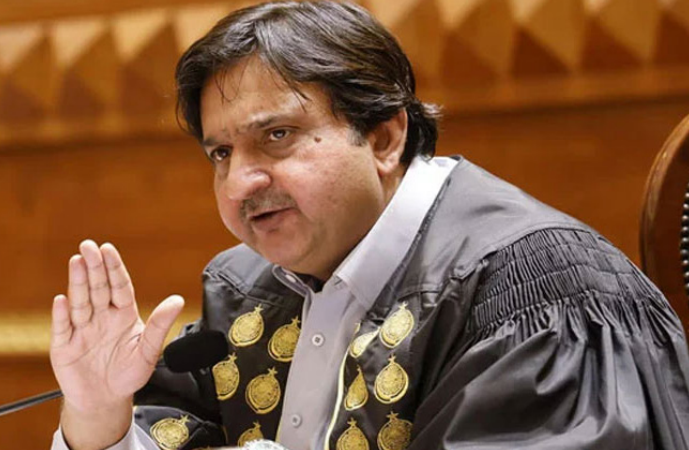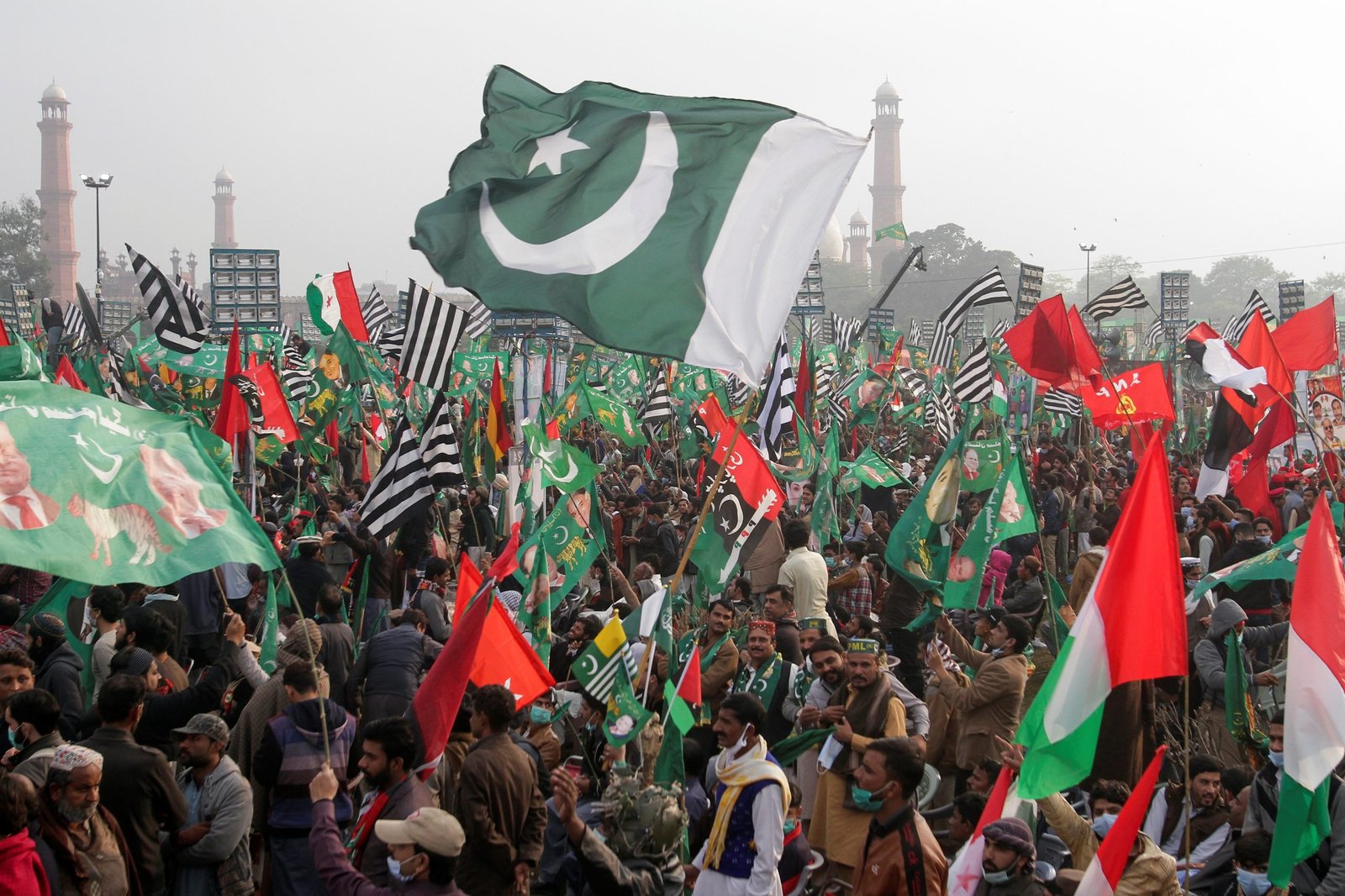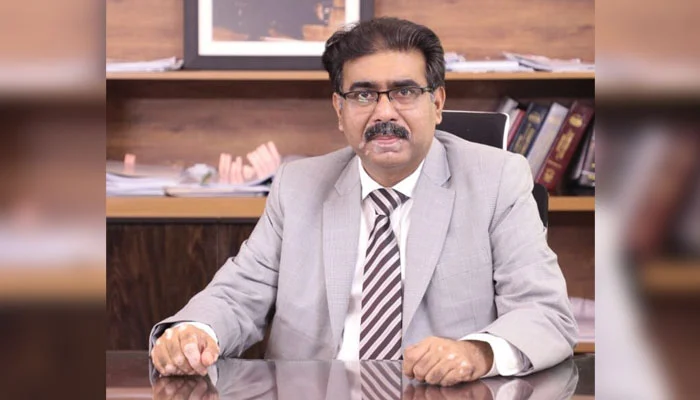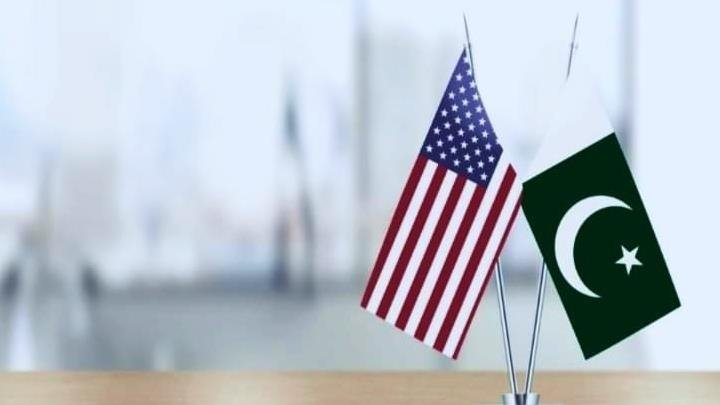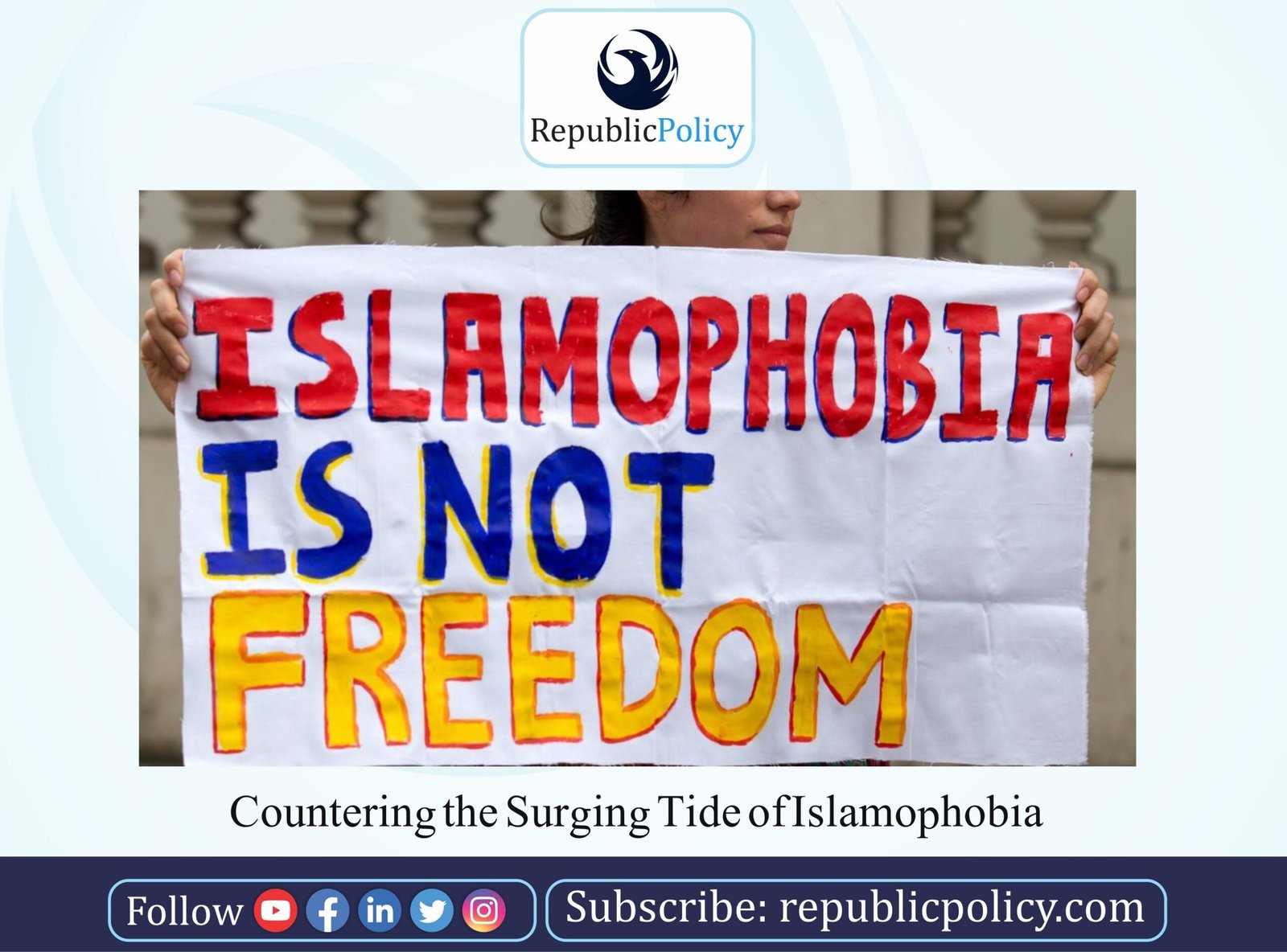Bilawal Kamran
Amid the challenging economic landscape facing Pakistan, there is a growing reconsideration of rekindling trade ties with India. This potential shift in trade relationships, following India’s revocation of Article 370 in August 2019, which stripped Occupied Jammu and Kashmir of its special status, could bring significant economic benefits. Despite the geopolitical tensions, the prospect of mutual economic gain has gained traction among analysts and policymakers.
The prevailing belief is that strengthening trade relations could foster economic interdependence, a factor known to significantly reduce the likelihood of military conflict. Nations with strong economic ties historically show a lower propensity for warfare. This is evident in the case of the United States and China, despite their strategic rivalries, they maintain deeply intertwined economies. In Pakistan, there are voices advocating for a similar path toward economic engagement with India to build greater stability between these nuclear-armed neighbors. Such a shift could help minimize the risk of armed conflict, a concern exacerbated by the potential involvement of China, as emphasized by foreign policy analyst Daniel Markey.
Despite the rational argument for trade as a stabilizing force, South Asia stands as one of the least integrated economic regions globally, largely hindered by the long-standing rivalry between India and Pakistan. Initiatives, such as the South Asian Association for Regional Cooperation (Saarc), have struggled to bridge the economic divides rooted in historical animosities. The persistent conflict has thwarted intra-regional trade and connectivity, stifling collective opportunities for growth that could raise living standards across South Asia. However, the potential for economic growth remains a beacon of hope, offering a promising future for the region.
Examining the situation in Jammu and Kashmir further illustrates the potential benefits of rekindled trade. The region has suffered immensely from the protracted India-Pakistan conflict. In 2005, two significant trade routes were opened: one linking Srinagar to Muzaffarabad in Azad Kashmir and another connecting Poonch to Rawalakot in Jammu. These routes facilitated cross-border trade until their suspension in 2019, generating approximately $1.2 billion worth of exchanges that directly benefited local communities. The closure of these channels has been detrimental, underscoring the missed economic opportunities that reopening them could engender. The urgency of rekindling these trade ties is evident in the significant economic losses incurred.
Recently, a noteworthy pivot in Islamabad’s stance was marked by Foreign Minister Ishaq Dar’s declaration in March 2024, suggesting that Pakistan is “seriously considering” restoring trade ties with India. This declaration reflects a shift in perspective amid a broader acknowledgment within the new Pakistani government of the need to explore diplomatic and economic avenues that had been largely abandoned.
However, this overture has met with indifference from India. In August, India’s Minister of External Affairs, S. Jaishankar, reiterated that the “era of uninterrupted dialogue” with Pakistan had concluded, signaling India’s reluctance to engage in renewed discussions without significant changes in the underlying issues. Even at a recent summit of the Shanghai Cooperation Organization (SCO) in October 2024, while initial reports indicated discussions about reviving cricket as a form of diplomacy, India quickly refuted any such dialogue, illustrating the prevailing caution in approaching Pakistan.
The concept of “cricket diplomacy” is not new; it recalls instances from the past where sporting events eased tensions, such as Pakistan’s General Ziaul Haq attending a cricket match in India in 1987 amidst a period of high strain. Such moments, while historically valuable, seem challenging to replicate in today’s complex geopolitical climate. Following the 2019 downgrading of relations, formal communication between the nations has reached a nadir, marking the longest stretch of limited contact in modern history. Unlike previous eras where dialogue persisted even in the shadow of conflict, current circumstances reveal an avoidance of both formal and informal communication avenues.
Under Prime Minister Narendra Modi, India’s posture has shifted decisively towards a policy of “zero engagement” with Pakistan, intrinsically linking its diplomatic approach to security concerns and anti-terrorism rhetoric. As a result, attempts by Pakistan to initiate dialogue have routinely met with skepticism and outright dismissal, reflecting a foundational mistrust that colors the bilateral relationship. Notably, Modi has responded to efforts for reconciliation, such as Nawaz Sharif’s congratulatory gestures post-election, with a focus on security over diplomacy.
Given this complex backdrop, Pakistan is left with scant options for economic revitalization. One avenue worth considering is diversifying its trade partnerships beyond its predominant trading relationship with China. Engaging with neighboring countries like Iran and Bangladesh, where there is ample untapped trade potential, could prove beneficial. For instance, trade with Iran could potentially augment to $10 billion, while improving relations with Bangladesh could elevate trade figures to around $2.95 billion. Exploring these sometimes-overlooked avenues could provide vital economic lifelines.
Moreover, fostering sustainable development within Pakistan necessitates an inward-looking strategy focused on engendering political stability. A working group from the International Monetary Fund (IMF) underscored the importance of political stability as a catalyst for sustainable economic growth. Their findings suggest that the roots of political fragmentation and instability must be addressed to formulate coherent economic policies, which, in turn, nurtures investor confidence and sustainable growth trajectories. The need for political stability is paramount in ensuring sustainable economic growth.
Without solid political foundations, economic advancements remain elusive. Pakistan must prioritize robust political reforms and enhance governance to cultivate a stable environment conducive to development. By focusing on internal stability and seeking diverse trade partnerships, Pakistan can navigate its economic future with or without the revival of trade ties with India, ultimately aligning itself for long-term progress amid an unpredictable region.






